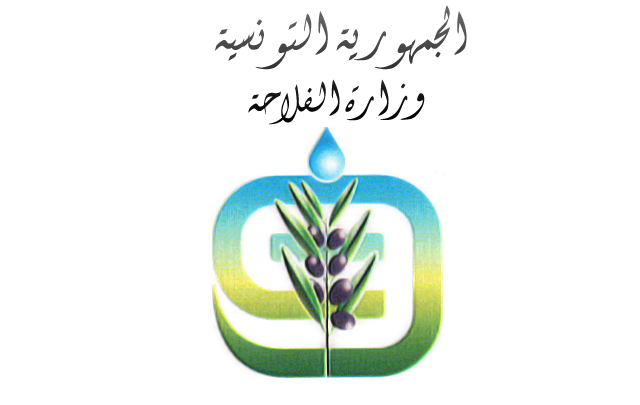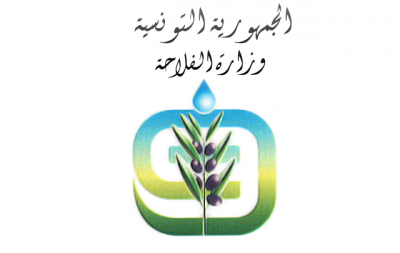The Ministry of Agriculture, Water Resources, and Fisheries in Tunisia announced on Wednesday the registration of the first case of "Infectious Bovine Dermatitis" in cattle. This disease is a viral infection that affects livestock only and does not transmit to humans. It spreads from one animal to another through vectors (biting insects such as mosquitoes), with symptoms including fever and the appearance of nodules of varying sizes on the animal's skin.
The ministry clarified in a statement on Wednesday that "following suspicion by a private-sector veterinarian of a case of infectious bovine dermatitis in a bull belonging to a farmer in the Fernana delegation of Jendouba Governorate, located 1.5 km from the Algerian border, veterinary services from the regional agricultural development office proceeded to conduct technical investigations and collect necessary samples for laboratory testing, which confirmed the infection of the mentioned animal. It is noted that this disease has recently spread to neighboring countries."
The Ministry urged farmers to remain vigilant and to report any suspicions immediately to prevent the spread of the disease. The ministry reminded them of the necessity to adhere to biosecurity measures, limit the movement of animals, drain stagnant water, and shelter animals in prepared and clean stables.
To enhance technical research, the ministry confirmed that a specialized team from the Animal Health Surveillance Center has started to support the efforts of regional veterinary services and conduct a thorough study to identify the source of the infection and provide guiding scientific data to take appropriate measures.
The ministry indicated that health measures currently in effect have been activated according to existing regulations, including quarantining the affected farm, treating against vector insects, and preventing the entry and exit of animals to and from the farm, in addition to conducting inspection visits to approximately 30 neighboring farms to ensure the disease has not spread and to inform farmers for preventive measures.




